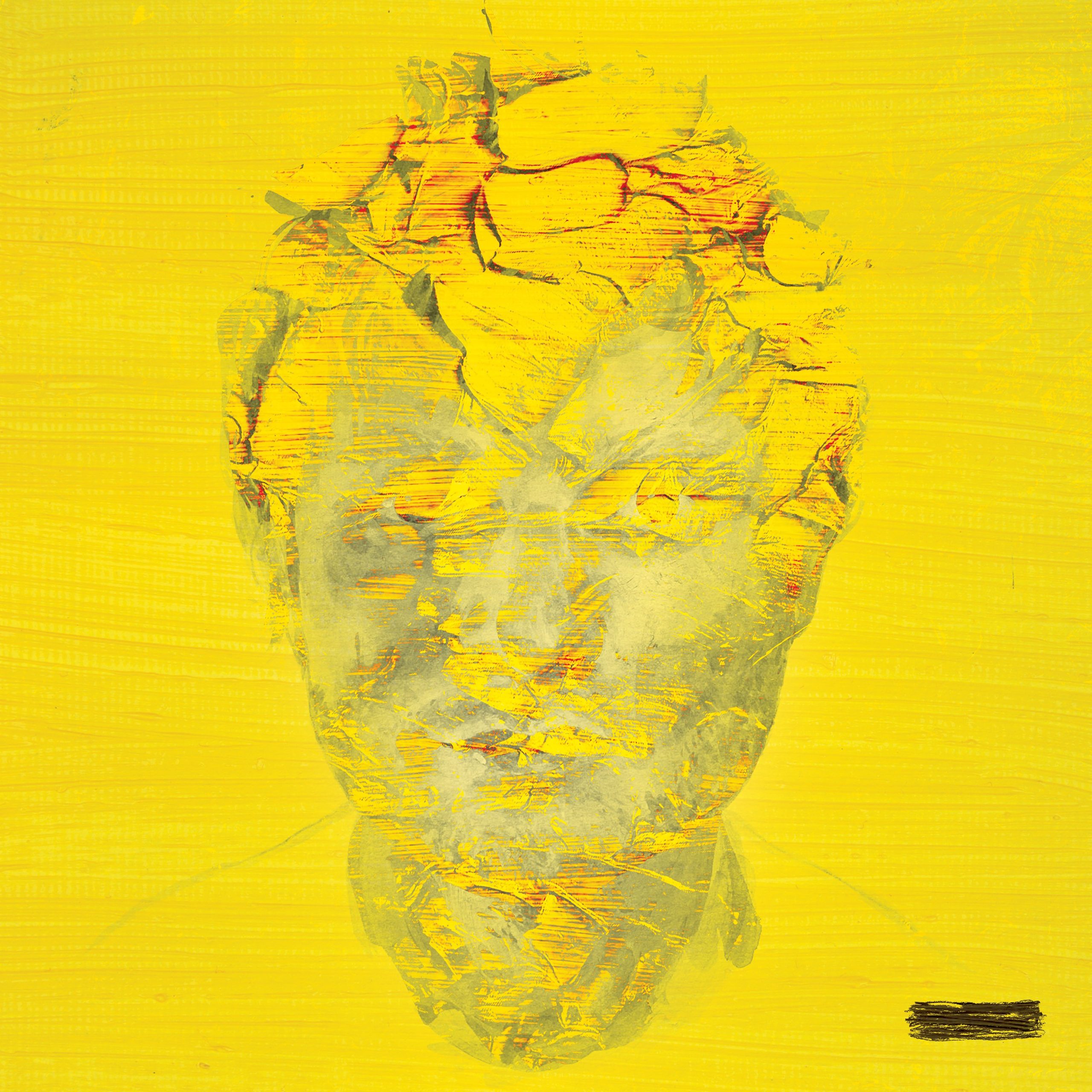★★★☆☆
It’s easy to knock Ed Sheeran, just as it’s easy to criticise any behemoth from afar. You’re able to, knowing only too well they can take it and will almost certainly never notice your scathing murmurs in the first place.
The hitmaker has smashed about every record since the release of his first album in his mathematical series, + (Plus), in 2011. The first artist to have four albums spend a year in the UK’s Top 10 Official Albums Chart; the first artist to surpass 100 million followers on Spotify; the highest-grossing tour of all-time, with his 258-show ‘Divide’ tour which commenced in 2017 – although that’s since been surpassed by Elton John (come on, Ed, pull your finger out).
These are the kind of records you don’t think are possible to break, built around the success of an album series that’s ironically been named after mathematical terms; ironic because there is indeed some kind of formula, some kind of equation that Sheeran seems to have cracked with each of the series’ records. The Ford of pop music manufacturing, he’s been pouring out of every Capital FM-attuned radio speaker in the land, in cafes, cars and shops.

His ubiquity has partly been down to image, with his shaggy, Lego-hat head of ginger hair, and his simple, every-bloke attire – an anti-pop star approach that Lewis Capaldi has emulated, albeit with much more humour. But, of course, it’s chiefly his tried-and-tested formula when it comes to tunes, one that appeals to the masses.
Sheeran has used an argument that’s now helped him win two songwriting copyright cases: both the case defending his smash hit ‘Shape Of You’ from accusations of plagiarism last year, and fending off claims that another of his mega-hits, ‘Thinking Out Loud’ resembled Marvin Gaye’s soul classic, ‘Let’s Get It On’.
“Most pop songs can fit over most pop songs,” he testified in court in Manhattan just last week. That line of argument has helped him in his legal troubles, but hardly spells much for originality when it comes to artistic merit.
Sheeran’s latest album, Subtract, largely jumps off the hit-making machine for a moment and instead draws upon more personal plight. Whilst suffering in music can equally be a false calling card, used by marketing teams who seem wedded to the phrase “most vulnerable album to date”, there’s certainly been a fair bit for Sheeran in a little over a year – not just his ongoing legal problems.

Photo: Annie Leibovitz
Within the same month of February last year, Sheeran’s wife Cherry Seaborn was diagnosed with a tumour whilst six months pregnant with the couple’s second child, and the singer’s longtime friend Jamal Edwards – who’d helped launch Sheeran’s career through his SB.TV channel – had died.
That pain, which no amount of wealth or status can do much about, is laid bare on Subtract, and is what led the singer to scrap a decade’s worth of work on the album and replace it with new material. (Ed Sheeran reportedly wrote seven songs in four hours following the news of his wife’s diagnosis).
Overall, both Subtract’s substance and creation serve as a reminder that suffering is an infinite pool from which to gather your artistry. The addition of Aaron Dessner of The National as the main producer helps guide the album through this bleakness.
Despite its twinkly air, ‘Sycamore’ deals most directly with Sheeran’s wife’s illness, and demonstrates the singer’s penchant for wordplay that’s always been there, with “sycamore” a homophone for “sicker more”, as he uses the natural world to express his love (“to be planting your roots, thеn dig them up”).
‘Eyes Closed’ bears some notable cliches, as it unpacks the singer’s grief over Edwards’s death (“Just dancin’ with my eyes closed / ‘Cause everywhere I look, I still see you / And time is movin’ so slow”), but still has some moments of tortured expression.
‘Life Goes On’, a pared-back acoustic number, comes across as genuinely heartfelt, and almost as if it could speak to both the death of Edwards and an imagined world without Sheeran’s wife being there.
The most interesting moments are the pitter-patter electronics on ‘Dusty’; the rock guitar on ‘Curtains’, which may well point to an edge that Sheeran has long-been criticised of lacking; and a different use of guitar on ‘Wildflowers’, which strums spaciously off into the ether.
‘Vega’ offers some of Sheeran’s more precise lyricism (“Rain keeps beating on the rooftop, muddying the glass, but God, I love the sound of heaven”), as does ‘Stoned’, which whilst making him similarly inebriated, comes across as a grown-up callback to Sheeran’s + Plus track ‘Drunk’.

Photo: Annie Leibovitz
There are of course some more saccharine, forgettable moments. ‘Salt Water’ washes over you, with a chorus that never quite feels as stirring as it could be; ‘No Strings’ sounds like it’s been heard many a time before.
And whilst Sheeran has mastered the art of the single, when listened to in its entirety, Subtract does feel repetitive – even if its points of inspiration no doubt felt like a bottomless pit for the singer.
Ultimately, for more than a decade, Ed Sheeran has reached the stature of a British institution, like Tesco’s, the weather or – I don’t know – the Royal family. (One wonders if Atlantic Records couldn’t help but see the day before the King’s coronation as the perfect release date, somehow coalescing the two into the nation’s psyche, when the public are open to the senses).
Yet whilst this has made him a pillar of ridicule, it’s good to know he suffers from trials and tribulations as much as the next man – and can lean into that with his songwriting. You might not be a fan of Ed Sheeran, but that is certainly a win for music and for art more broadly.





